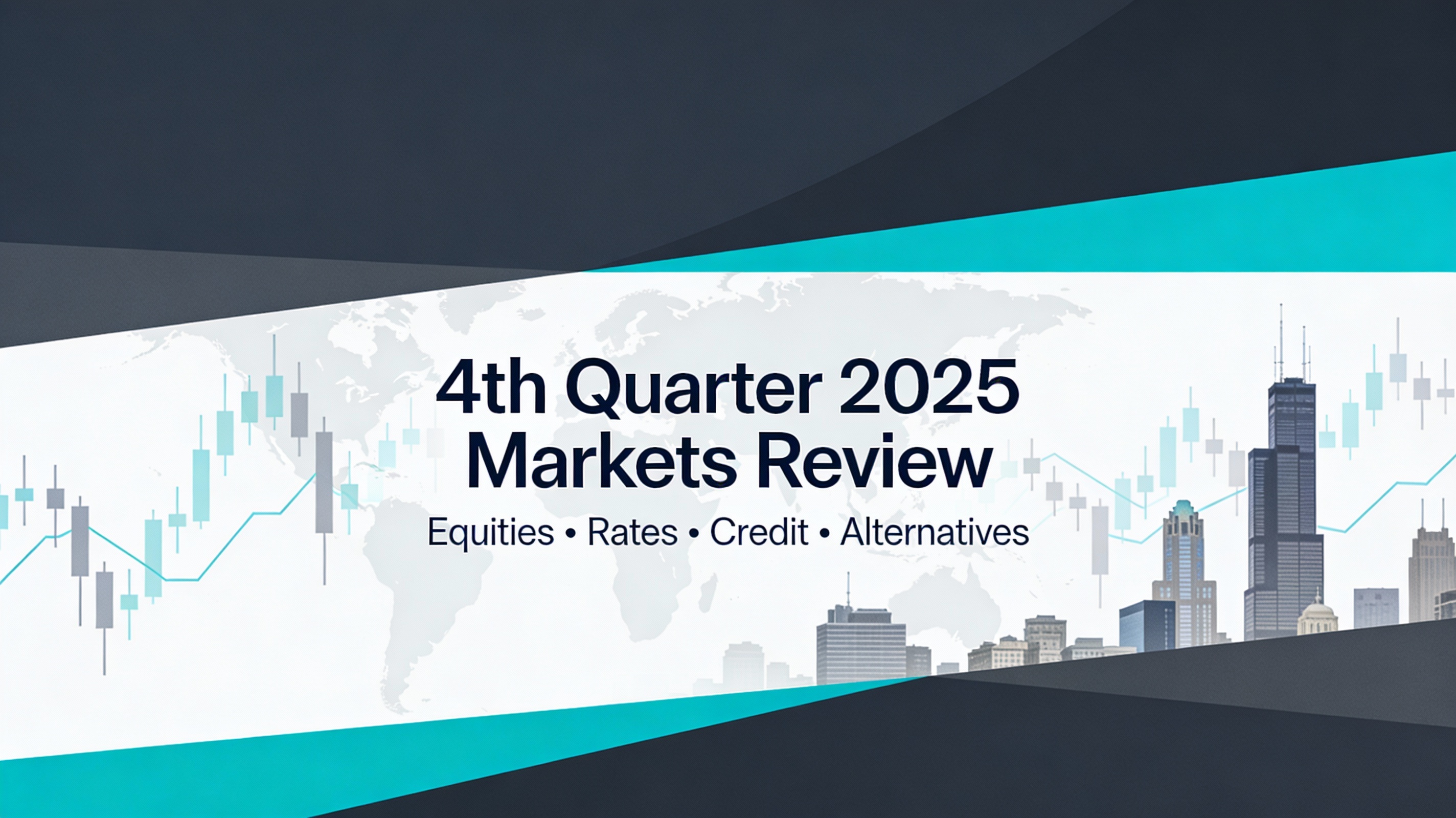Small Caps Extend Historic Streak, But Major Indices Stumble on Fed Chair Uncertainty
The Second Full Trading Week of 2026: Rotation Accelerates Amid Leadership Questions
If the first week of 2026 was a tentative probe, the second week was a declaration. The week ending January 16, 2026, was defined by three competing narratives: the continuation of a historic small-cap outperformance streak, consolidation in major indices, and escalating uncertainty around Federal Reserve leadership that sent Treasury yields to four-month highs.
The Russell 2000 Index achieved an extraordinary milestone: 11 consecutive trading days of outperforming the S&P 500, the longest such streak since June 2008. This isn’t noise—it’s a structural rotation from mega-cap concentration into broader market participation that reflects genuine shifts in Fed policy expectations and valuation mean reversion.


